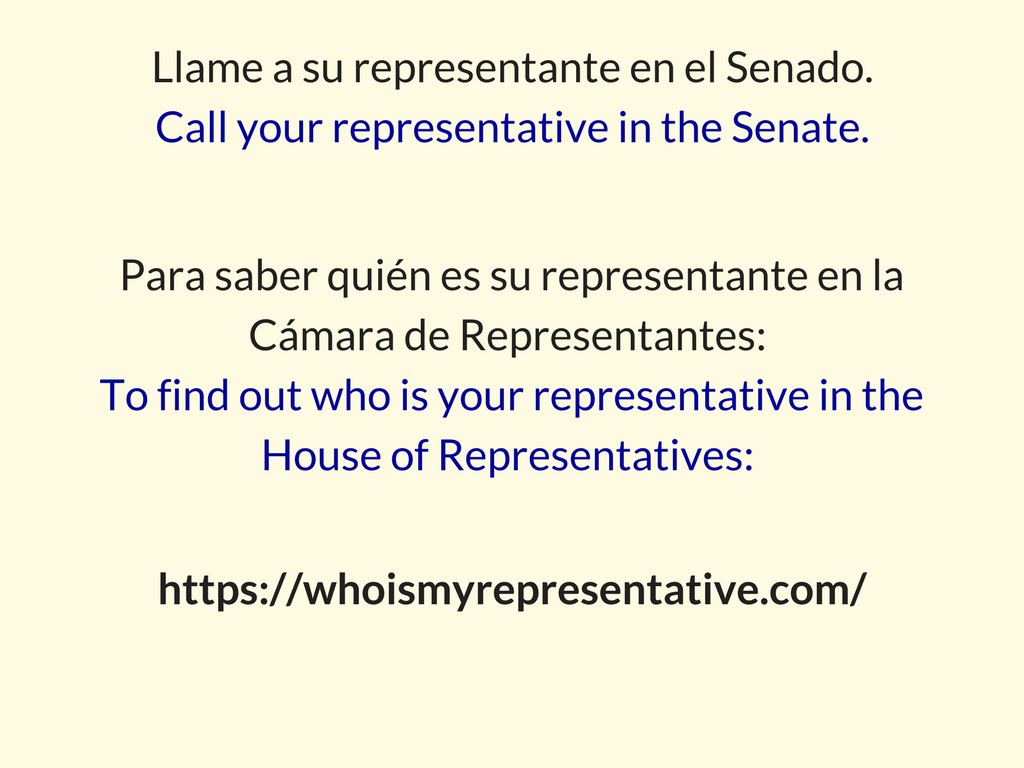Author – Ginny Chilton is Music Minister at Church of the Ascension in Norfolk, Virginia, where she serves as organist, choirmaster, and elementary music teacher.
It’s a struggle every year: how can I balance the quiet expectation of the Advent season with the rush and excitement of Christmas? You would think that as a church musician in an Episcopal church, I’d get plenty of Advent, but that’s not the case. As many of you know, I’m sure, if you’re involved in church, you’re spending the four weeks of Advent in a rush to be ready for Christmas: getting the kids ready for the pageant, prepping for the church Christmas dinner, practicing your Christmas choir music. Then you leave church, and our stores, radios, and neighborhoods are full of reindeer and bright lights. It feels like it’s Christmas the day after Thanksgiving. What can you do?
There are all sorts of answers to that question, but here I am writing a blog for the Center for Congregational Song, so I have to say: community singing can help set the mood for Advent. I’ve been angst-ing over how to bring more Advent into my family and church life this season, perhaps more so than in previous years. My son is growing up, and it feels more imperative than ever that I figure out how to bring Advent into our home—without being the “Scrooge” mom who won’t allow anything fun before December 25th. And in my work as a church musician, I help plan beautiful worship services of expectation on Sundays, but during the week I’m singing Christmas songs and ringing jingle bells with the children in our parish school.
I think many of us came feeling much like I was: stressed about everything I had to do at work, everyone I hadn’t found a present for, etc.
All of this came to a head this past Thursday. I’ve been leading a new weekday gathering at our church for parents and young children. Each week we have about a dozen parents and small children gather to sing songs, play instruments, and play or do a craft together. This past week we made plans to meet at the local assisted living facility to sing Christmas songs with the residents. I think many of us came feeling much like I was: stressed about everything I had to do at work, everyone I hadn’t found a present for, etc. It didn’t help that it was about 90 degrees in the facility, and there was a bit of a holdup before we could start singing. The children were getting restless, and the elderly residents were giving us a skeptical look. I was beginning to wonder if I’d made a huge mistake in planning something like this so close to Christmas.
But then we started singing. The children calmed down. The residents perked up, and even those who had been confused a moment before, sang as loudly as anyone.
There’s something about making eye contact with others while you’re singing together that ignites a little flame in your chest. What do you call that? Love? Belonging? Joy? God? It brings a sort of hush even in the midst of commotion. It was the Advent moment I had been hoping for all month, and a perfect way to set our hearts in the right place as we wait for Emmanuel, God with us.
Do you struggle to experience Advent in the midst of all the busyness December brings? What have been your moments of Advent hush this season? Does group singing play a part in any of that? Happy Advent and Merry Christmas, everyone!



